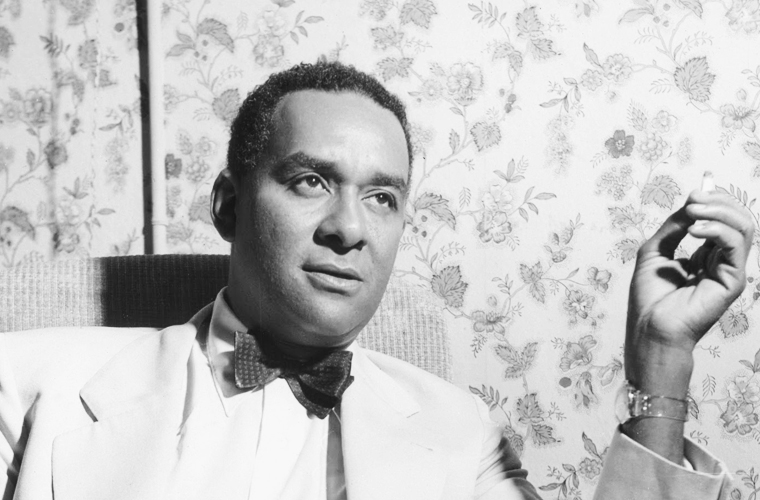Richard Wright, a prominent novelist and short-story writer, was born on September 4, 1908, near Natchez, Mississippi, U.S. He passed away on November 28, 1960, in Paris, France. Wright is celebrated for being one of the first African American writers to boldly protest against the mistreatment of blacks by the white community, a theme that is notably portrayed in his groundbreaking novel, Native Son (1940).
Wright’s literary contributions have had a profound impact on American literature and have played a significant role in advocating for social justice and equality. His work not only shed light on the harsh realities faced by African Americans during a time of deep-seated racial discrimination but also challenged the prevailing societal norms and attitudes. Born into poverty and facing racial segregation from an early age, Wright’s personal experiences greatly influenced his writing. His powerful storytelling and unflinching portrayal of the African American experience resonated with readers and sparked important conversations about race relations and systemic oppression.
Native Son, arguably Wright’s most famous work, delves into the life of Bigger Thomas, a young African American man living in poverty in Chicago. The novel vividly depicts the psychological and emotional turmoil faced by Bigger as he navigates a hostile and racially charged environment. Through Bigger’s story, Wright confronts the dehumanizing effects of racism and the pervasive influence of societal structures that perpetuate inequality. In addition to Native Son, Wright’s literary repertoire includes other notable works such as Black Boy (1945), a memoir that chronicles his journey from childhood to adulthood in the racially turbulent South. This autobiographical account offers a poignant insight into Wright’s struggles and his unwavering determination to overcome adversity through education and self-discovery.
Throughout his career, Wright fearlessly used his writing as a platform to challenge the status quo and advocate for social change. His unapologetic portrayal of the African American experience catalyzed raising awareness about the systemic injustices faced by marginalized communities. By giving voice to the voiceless and shedding light on the harsh realities of racial prejudice, Wright’s work continues to resonate with readers and scholars alike.
In addition to his literary endeavors, Wright’s legacy extends to his involvement in various social and political causes. He was an active participant in the civil rights movement, using his influence to support efforts aimed at dismantling racial segregation and promoting equal rights for all. Wright’s commitment to social activism further solidified his status as a pioneering figure in the fight against racial injustice.
Despite facing censorship and backlash for his bold critique of societal norms, Wright remained steadfast in his dedication to advocating for equality and justice. His unwavering courage in the face of adversity serves as an enduring testament to his indelible impact on American literature and the broader struggle for civil rights. In recognition of his literary achievements and advocacy for social change, Richard Wright’s legacy continues to inspire future generations of writers and activists. His unyielding commitment to confronting racial inequality through the power of storytelling serves as a timeless reminder of the transformative potential of literature in shaping a more just and equitable society.
In conclusion, Richard Wright’s pioneering work as a novelist and short-story writer has left an indelible mark on American literature. Through his uncompromising portrayal of the African American experience and his unwavering commitment to social justice, Wright’s legacy serves as a testament to the enduring power of literature in challenging societal norms and advocating for equality. His contributions continue to resonate with readers and scholars, cementing his position as a trailblazer in the ongoing struggle for civil rights and racial equality.

